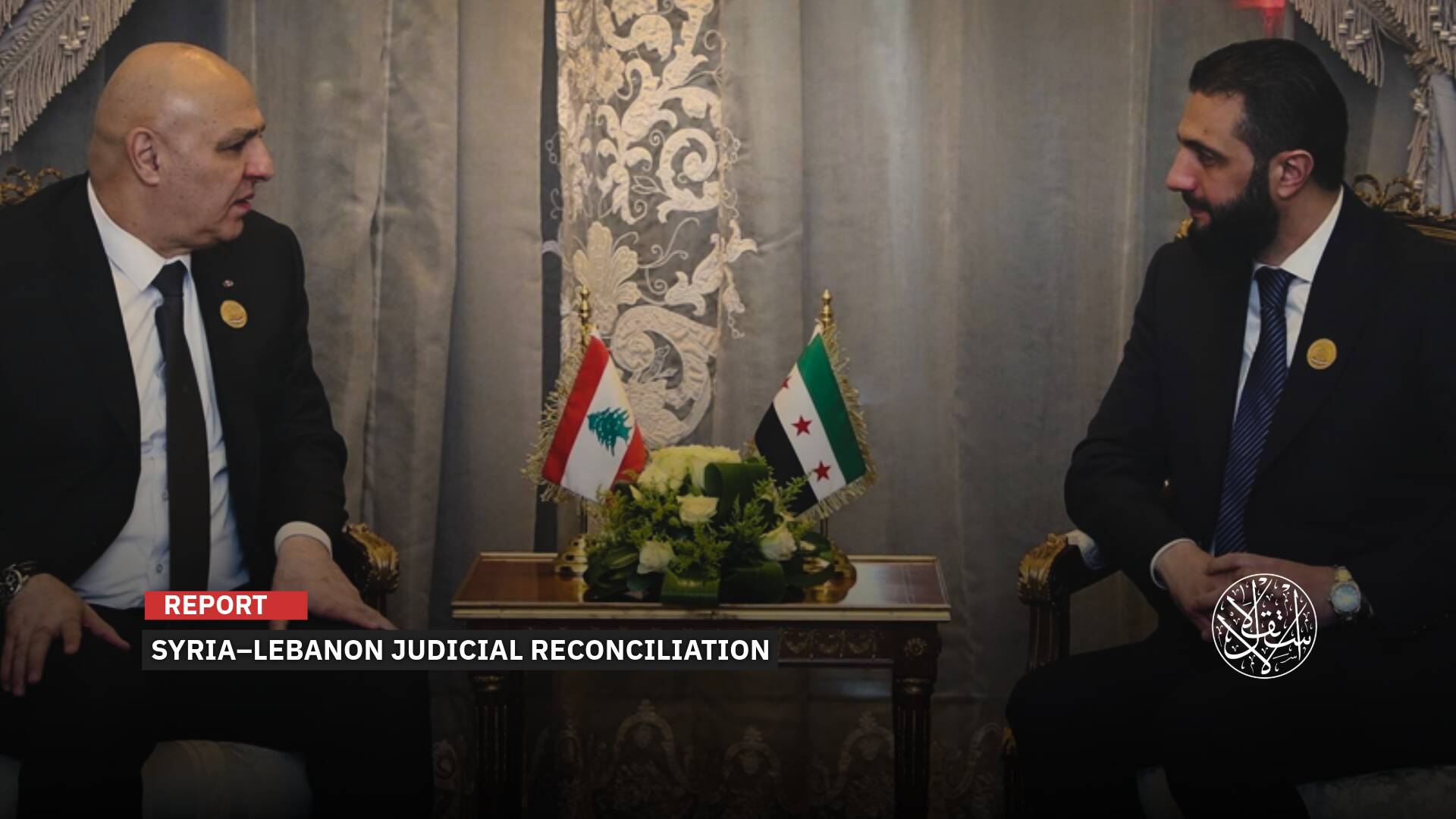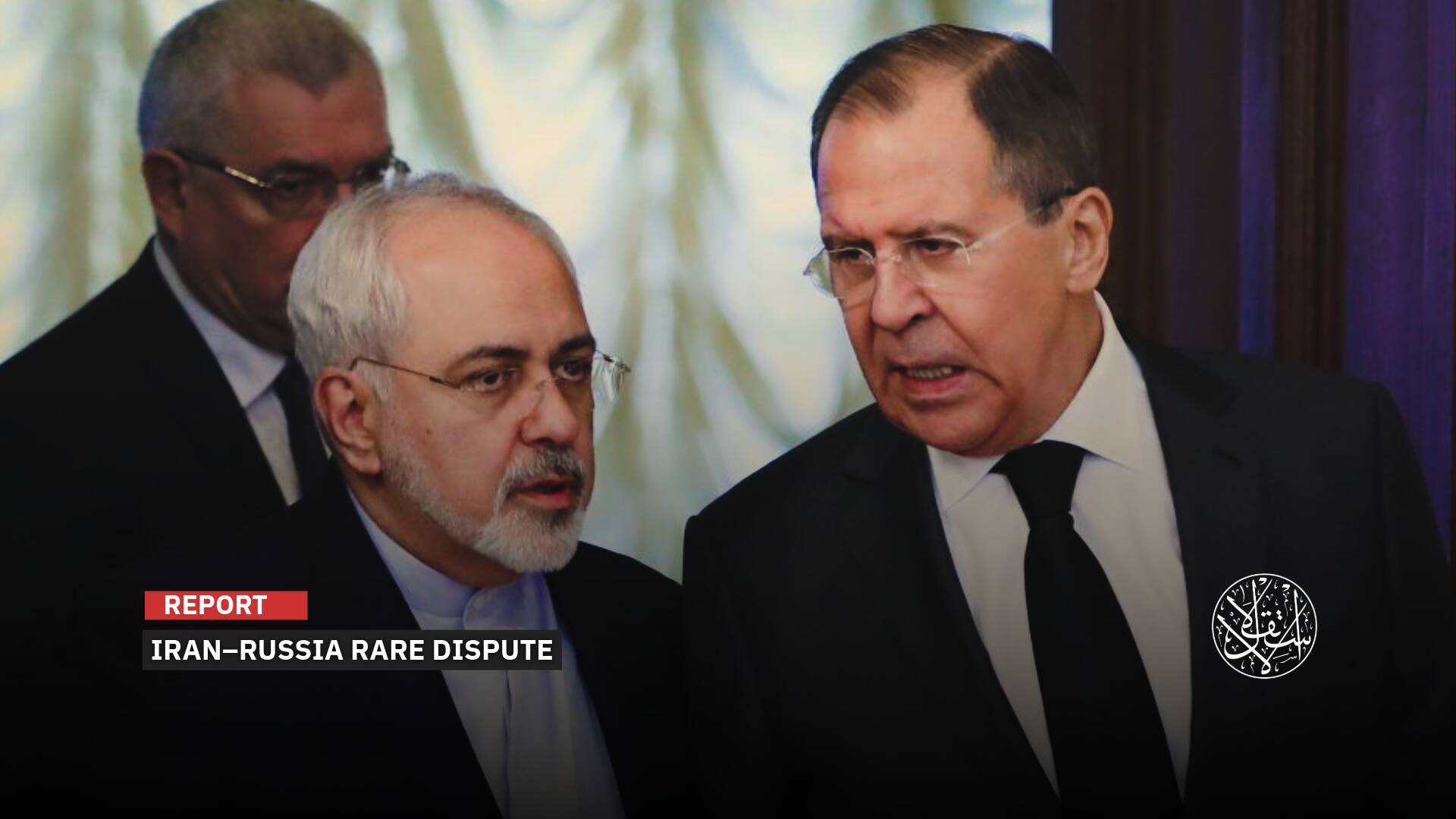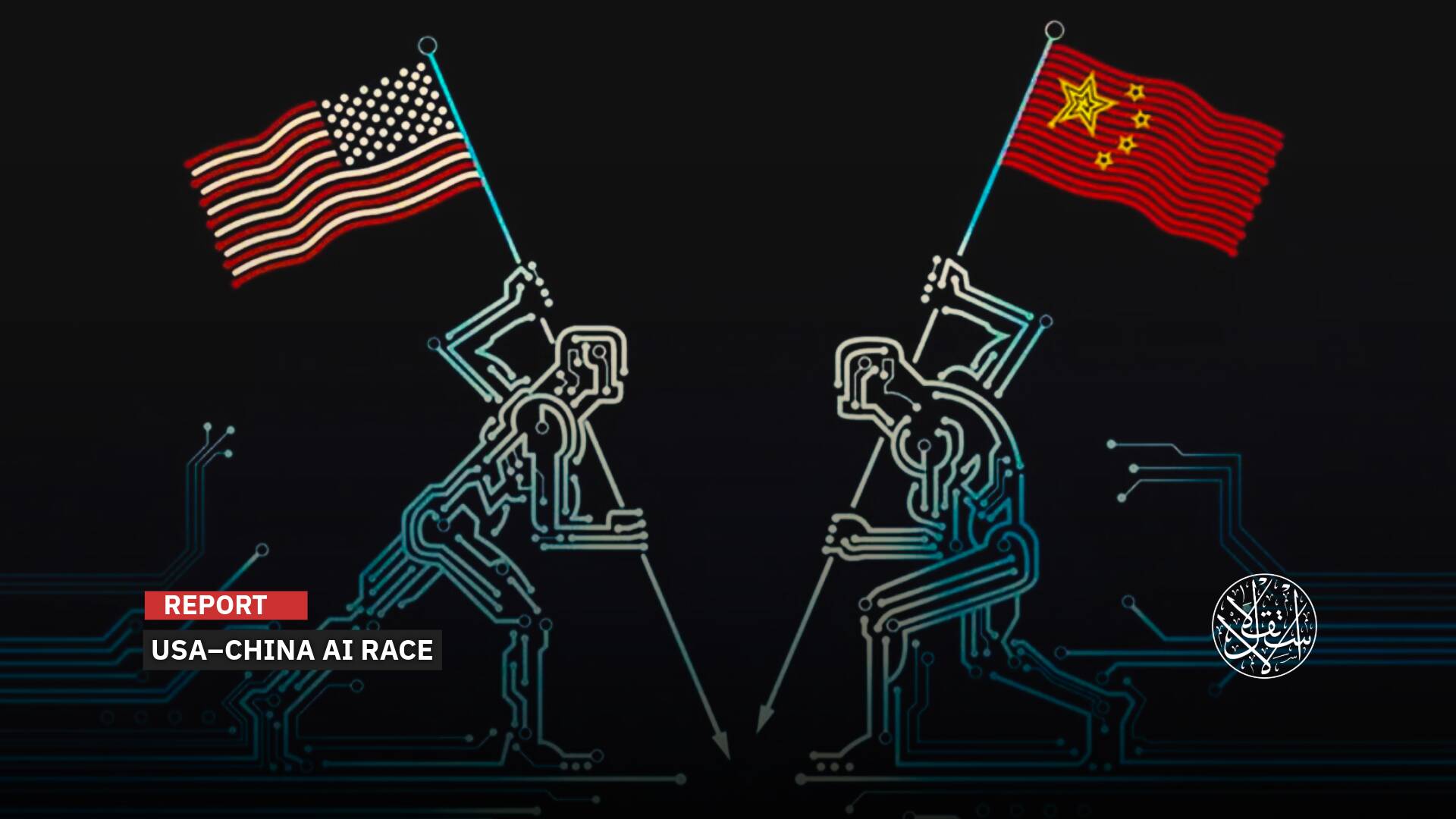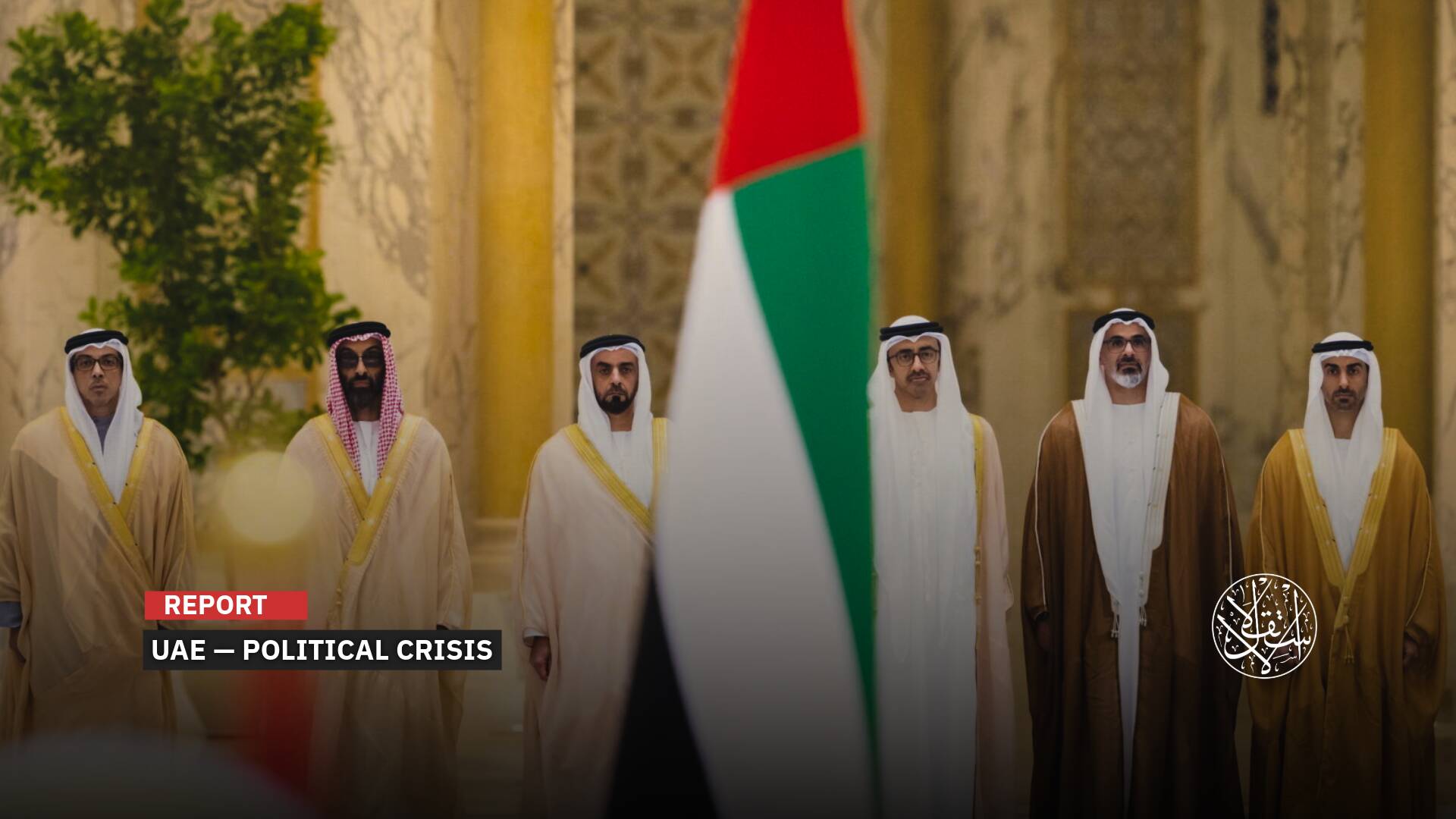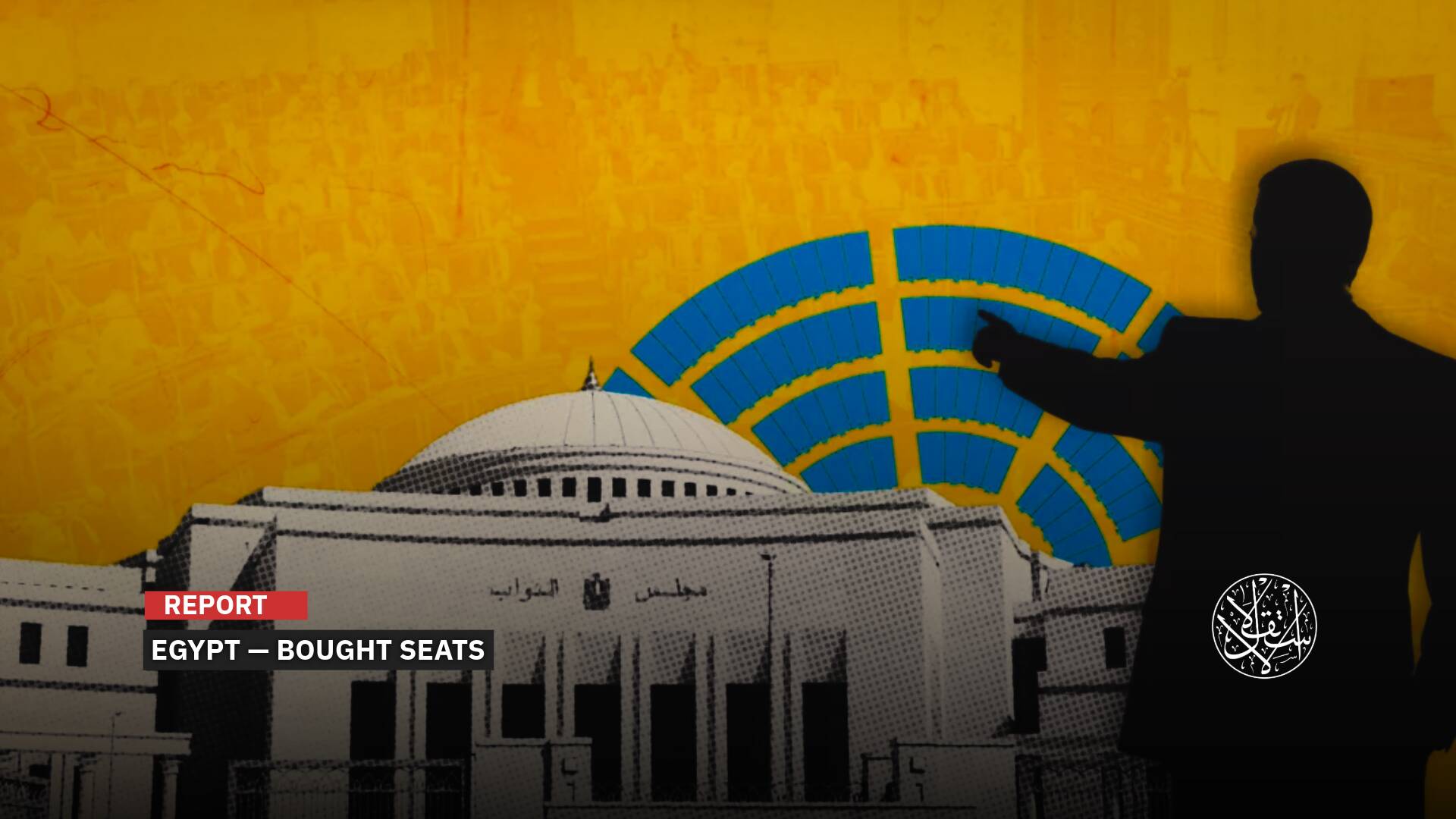China Criticized the 'Historical Injustice' to the Palestinians — Where Are the Relations Between China and 'Israel' Headed?

Without having to choose between the United States of America and China, “Israel” is heading more than ever to manage relations with Beijing in a different way than it was in the last decade.
Prompted by international alliances, American pressure, the results of the Russian-Ukrainian war, and “protecting Israeli national security,” “Tel Aviv” began to change its approach towards Beijing noticeably.
This message reached China, and it began by warning of a decline in the level of relations due to the American pressures that have been going on for two years, and then followed it with rare statements regarding the conflict with the Palestinians.
What are the reasons for the decline in Chinese-Israeli relations? Will it reach an unprecedented stage of deterioration? How do these developments affect Beijing’s position on the Palestinian issue?
Chinese Presence
On December 8, 2022, Chinese President Xi Jinping was a guest in the Saudi capital, Riyadh, on a two-day visit, which included meetings with Saudi officials and signing economic agreements.
He also attended two Gulf-Chinese and Arab-Chinese summits for the first time. This is the first visit of the Chinese president to the kingdom in more than six years.
This visit and the agreements signed during it reveal the extent of the emerging rapprochement between China and Saudi Arabia, which has recently begun to tweet out of the flock of the US, its historical ally, according to observers.
This change began to become evident at the beginning of 2022, especially after the start of the Russian war on Ukraine in February, in cooperation aimed at overcoming urgent international economic and political challenges and the global oil crisis.
The US and global markets suffered a strong blow in the wake of the decision of the OPEC+ coalition (led by Saudi Arabia and Russia) to reduce global oil production by about two million barrels per day on October 5, 2022.
US President Joe Biden holds Saudi Arabia responsible for the rise in fuel prices in the midst of a global energy crisis that began after Russia’s invasion of Ukraine.

Senior officials in the Biden administration expressed that this decision bears an indication that the OPEC+ alliance is “biased” toward Russia and explicitly threatens Washington’s interests.
The recent crisis opened the door to controversy once again over the White House’s relationship with the kingdom’s rulers, specifically Crown Prince Mohammed bin Salman.
Biden had visited Saudi Arabia on July 15, 2022, despite his previous pledges to make bin Salman an outcast, following the murder of Saudi journalist Jamal Khashoggi.
But he wanted to preserve Riyadh as a historical ally, at a difficult time, in light of the Russian-Ukrainian war and the global inflation crisis.
With the recent Saudi decision to cut oil production, relations entered a new focus of tension, especially since US lawmakers called for imposing direct sanctions on Riyadh.
Hence, the Chinese presence increased, and relations began to become closer with Saudi Arabia, which is simultaneously witnessing a great divergence in relations with its traditional ally, Washington.
Nature of Relationships
In 2013, Chinese President Xi Jinping in Beijing put forward a four-point proposal for the settlement of the Palestinian issue during his talks with Palestinian President Mahmoud Abbas.
First, the right direction is peaceful coexistence and the establishment of an independent and fully sovereign Palestinian state based on the 1967 borders with “East Jerusalem” as its capital. At the same time, “Israel’s right to exist and its legitimate security concerns must be fully respected.”
Secondly, negotiation should be seen as the only way to peace between Palestine and “Israel,” peace talks should continue to show mutual understanding and consensus and to meet each other halfway.
Third, principles such as “land for peace” must be firmly adhered to, that is, the Palestinians give their land to the Occupation in exchange for a living.
Fourth, the international community should ensure that progress is made in the peace process. Relevant parties have a greater sense of responsibility and urgency to take an objective and fair stance and make active efforts to promote talks and increase assistance to Palestine.
Over the past decade, China has developed cooperation with “Israel” in the economic, technological, and military fields, especially after issuing in 2010 a new strategy called the Twelfth Five-Year Plan, which coincided with its arrival in the world’s second-largest economy.
After several years of rapidly growing relations with China since the early 2000s, once championed by Prime Minister Benjamin Netanyahu, the two sides in 2021 continued to provide ample evidence of enhanced cooperation.

What’s Next?
Tensions arose between Beijing and “Tel Aviv” in 2021 over the Chinese position on the Palestinian issue. The Chinese have intensified their statements against “Israel” more than before in the United Nations institutions, especially in the Human Rights Council and the Security Council.
During his visit to Saudi Arabia, Chinese President Xi Jinping said in a rare statement of its kind that it is not possible to continue the historical injustice suffered by the Palestinians nor to compromise their legitimate rights, pointing to the necessity of granting Palestine full membership in the United Nations.
Xi Jinping also met with the president of the Palestinian Authority, Mahmoud Abbas, and they reviewed ways to enhance bilateral relations, including increasing economic and trade exchange and investments between the two countries, especially after the State of Palestine joined the Belt and Road Initiative.
Abbas expressed his thanks for the Chinese president’s vision of resolving the Palestinian issue and his appreciation for China’s continuous support and development assistance to the Palestinian people.
He affirmed Palestine’s support for the one-China policy and its support to face the pressures it is exposed to in international forums.

However, despite these developments, Razan Shawamreh, a researcher on China and the Middle East, believes that there are many factors that make China not go far in its criticism of “Israel,” even in favor of the Palestinians.
Shawamreh told Al-Estiklal: “Israel is one of the pivotal countries for China in its economic projects in the current century in the Middle East, first in terms of international competition with Washington.”
In 2015, “Israel” became a founding member of the Chinese Bank (the Asian Infrastructure Investment Bank), which is an alternative to the World Bank, despite US demands and pressures not to join.
In the same context, Israeli strategic location is crucial to the Chinese Silk Road project, as it signed an agreement to lease the port of Haifa for a period of 25 years and invested in a port on the Red Sea, which, according to some studies, will be an alternative to the Suez Canal for China in the Middle East.
Shawamreh added, “Nevertheless, Israel, in some cases, refuses to stop investing in Chinese companies that are banned by the United States, as happened with Huawei [Digital Technologies] and COMAC [Commercial Aircraft Corporation of China, Ltd.] and others.”
She concluded by saying: “The current data do not indicate that the escalating bilateral relations between the two sides will be negatively affected, and Chinese neutrality in the Palestinian-Israeli conflict is biased and unreal, guaranteeing the rights of all parties in normal conditions.”



